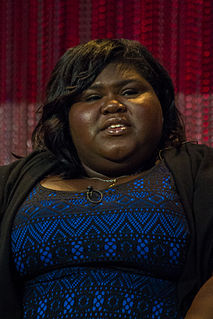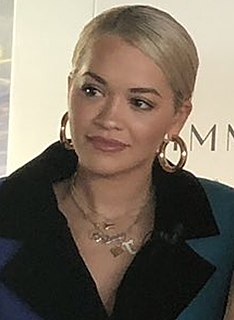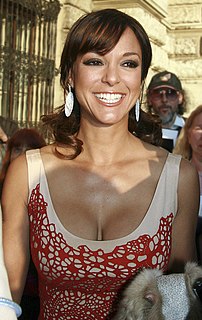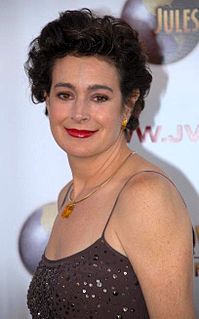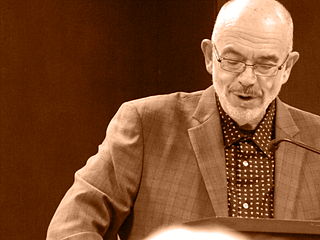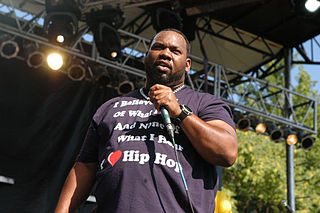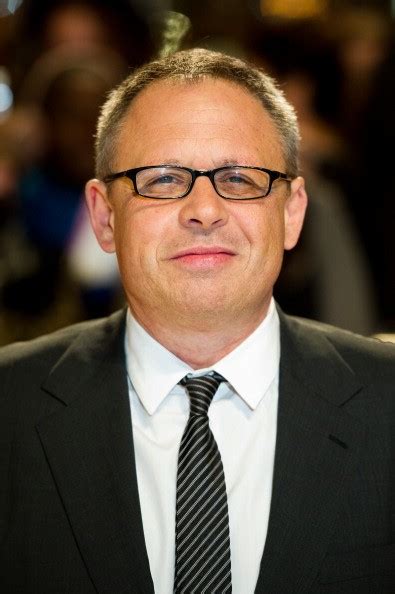A Quote by Angelina Jolie
It was weird to be married; you kind of lose your identity. You're suddenly somebody's wife. And you're like, 'Oh, I'm half of a couple now. I've lost me.'
Related Quotes
If you're on a date and somebody comes up and says, "Oh, I loved you in Harry Potter," it's a bit weird, because you suddenly start thinking, "Oh, God. Is this weird for the other person I'm here with, or is this weird for my family?" But generally speaking, I don't really think because I was thrown into it so young and kind of always had that, it's just something you get used to. And most of the time... It was interesting.
MYOB - mind your own body. It's important because I don't happen to have the kind of body that we usually see on television and in films. I am plus-size. I have dark skin. And I am 100 percent beautiful. But I get a lot of flak - oh, you should lose weight. And now that I have lost weight - and I lost weight for health reasons - I get, you look good but don't lose too much weight because your face is starting to sink in.
I have a rule of thumb now and that's that somebody [she dates] has to have been married and they have to have had kids. Everything boils down to perspective. If your potential mate does not have the same perspective that you do then you're going to be lost.... If somebody has never been married, they don't know compromise ... [and] if they don't have children, they don't know the absolute self-sacrifice it takes and what it means to be a parent.
The whole press thing and who you are in the media, or what you have to project yourself to be, it feels very much like another person. People say to me, "Oh, your life must be changing," and I'm like, "Uh, I guess?" For me, it's such a gradual change, and I don't see it from the outside like everybody else does. It's weird, I see my face on a bus or online or somebody has my picture as their picture on Twitter and it's all a bit weird and I feel very disconnected from it and very much, "I guess that's me." It's very surreal.
It's completely unsexy [Yello, "Oh Yeah" 1985]. It does capture that weird '80s materialism and "We're gonna get it on now" vibe. But it's a very juvenile approach. It also became a weird signal for comedy, in the sense that when you heard the song, it meant comedy was happening on screen. I feel like this song was probably done in a couple of minutes in a studio.
I had a couple of movies that I was passionately involved with that I could never get made. 'Richard Pryor,' I wrote for - gosh - over a year. That was close to getting made for two-and-a-half years after that. We're still pushing it, you know. It is weird. Suddenly you wake up and it's like, 'God, five years have gone by.'



